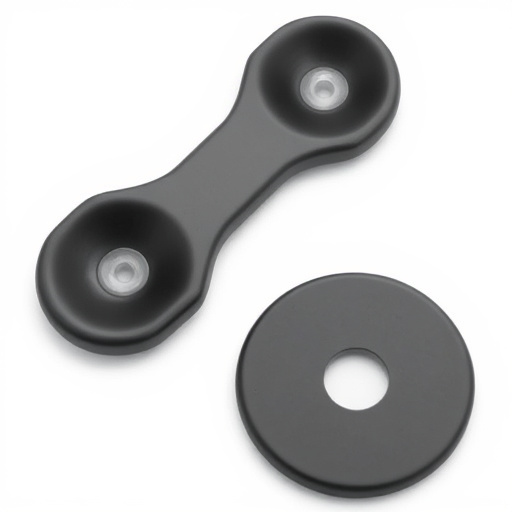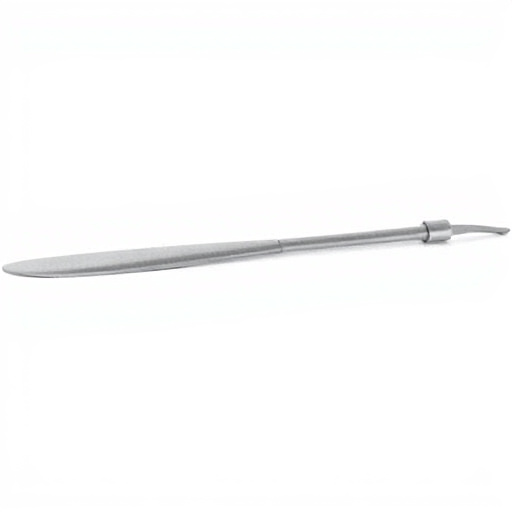The consumer payments sector has undergone a significant transformation with the rise of flexible payment solutions, catering to modern lifestyles and spending patterns. Younger generations demand control over their finances, favoring split payments, interest-free installments, and personalized repayment plans. Traditional market leaders are integrating these flexible options to enhance customer experiences, foster loyalty, attract new users, and maintain competitiveness in a rapidly evolving market where financial well-being and lifestyle preferences are key. Businesses that embrace flexible payment options, including digital wallets and installment plans, will remain attractive to a broader customer base and compete with established leaders who have already adopted these solutions.
Flexible payment options are transforming the way businesses operate and consumers transact. In today’s competitive market, understanding and adopting these innovative solutions is no longer an option but a necessity. This article explores the rapid rise of flexible payment options and their disruptive impact on traditional market leaders. We delve into strategies that businesses can employ to stay competitive in an era defined by dynamic and flexible payment choices.
- Understanding the Rise of Flexible Payment Options
- How These Options Challenge Traditional Market Leaders
- Strategies for Businesses to Stay Competitive in a Flexible World
Understanding the Rise of Flexible Payment Options

In recent years, the landscape of consumer payments has undergone a significant transformation with the rise of flexible payment options. These innovative solutions are reshaping the way customers interact with businesses, offering unprecedented flexibility and convenience. The traditional, rigid payment methods are being challenged by digital platforms that cater to modern lifestyles and spending habits. Consumers now demand more control over their finances, leading to an increased preference for split payments, interest-free installments, and tailored repayment plans. This shift is particularly evident among younger generations who are tech-savvy and value accessibility and customization in their financial dealings.
As competition intensifies, market leaders are forced to adapt and integrate flexible payment options into their offerings. The appeal lies in the ability to provide customers with high-quality finishes and protective coatings on purchases, ensuring a seamless and satisfying experience without the burden of substantial upfront costs or hidden fees. By embracing these trends, businesses can foster customer loyalty, attract new users, and stay ahead in a rapidly evolving market where consumers are increasingly seeking options that align with their financial well-being and lifestyle preferences, much like how paint correction services enhance the appearance and protection of vehicles.
How These Options Challenge Traditional Market Leaders

In today’s digital era, consumers are increasingly demanding flexibility and convenience in their financial transactions, which has prompted a shift in how businesses operate. Traditional market leaders, particularly in retail and services, have long enjoyed a stronghold on customers due to their established models and brand loyalty. However, the advent of flexible payment options is challenging these leaders’ dominance by offering consumers more control and choices. This new wave of payment methods allows users to spread out payments over time, access interest-free periods, or choose from a variety of digital wallets and cards, all of which cater to modern lifestyles and spending habits.
As a result, traditional market players are facing significant competition not just from direct rivals but also from innovative startups specializing in flexible payment solutions. These options provide customers with the freedom to manage their finances more effectively, including opting for high-quality finishes, paint protection film, or ceramic coatings on purchases, without the strain of immediate full payments. The appeal of such flexibility is undeniable, and it’s transforming consumer behavior, forcing market leaders to adapt or risk falling behind in a rapidly evolving landscape.
Strategies for Businesses to Stay Competitive in a Flexible World

In today’s competitive landscape, businesses must adapt to flexible payment options if they want to stay relevant and attract a wider customer base. One effective strategy is to offer a range of flexible payment methods, such as digital wallets, installment plans, or buy-now-pay-later options. This not only caters to the preferences of modern consumers but also enhances their overall shopping experience. By providing these options, businesses can compete with market leaders who have already integrated flexible payment solutions into their services.
Additionally, investing in professional PPF installation and premium automotive services can further differentiate a business within the industry. A ceramic coating treatment, for instance, not only adds a layer of protection to vehicles but also appeals to customers seeking high-quality, specialized treatments. By combining these strategies, businesses can create a unique selling proposition that keeps them competitive in a flexible payment world, fostering customer loyalty and driving growth.
Flexible payment options have emerged as a powerful force, reshaping the market dynamics and challenging traditional leaders. As consumer expectations evolve, businesses must adapt by offering convenient and tailored payment solutions. By implementing innovative strategies, embracing digital transformation, and staying attuned to customer preferences, companies can ensure their longevity in this competitive landscape defined by flexible payment options.














